About the Program
The National Science Board’s “Vision 2030” Report argues that, for the U.S. to maintain a lead status in STEM, it must modernize its education system. In states with low education rankings, like Mississippi, this is a challenging venture. It is especially difficult when considering data that shows the difficulty in attracting and maintaining major populations in the state who are underrepresented in STEM fields—such as African Americans, women, and first-generation higher education students. The “Mapping Freedom in Civil War & Reconstruction Era Mississippi REU” (Mapping Freedom REU) is designed to address these issues by helping students master fundamental skills–namely in Geography and Computer Science (CS)—through research in familiar, accessible, and inspiring materials based in the Digital Humanities (DH).
This approach strengthens each fields' ability to attract students from underrepresented backgrounds, improve communication between these fields, and increase the likelihood that these students will continue in STEM-related careers. The program also develops interdisciplinary collaboration between research faculty that can sustain these inviting, accessible research opportunities while strengthening the fields through shared knowledge, skills, and discovery.
Project Goals:
This project will help REU students develop a deeper understanding of historical change over time, and demonstrate how similar computer-based methods can be applied to analyze and visualize complex periods of history.
Mapping Freedom aims to bring together individuals from diverse backgrounds—-especially those underrepresented in science, engineering, and digital humanities—with the goal of equipping them with the skills to make significant contributions to collaborative research, in addition to learning how to work effectively as an individual and part of this REU community. These participants include African Americans, women, first-generation college students, other minorities, and military veterans.
This project and research experience hopes to increase students' familiarity with geography, digital humanities, and computer science topics and research, including commonly used methods, software, and analytical tools.
To enhance the participants’ active participation in research following the program’s completion, students will receive training in the fundamentals of the fields of geography, digital humanities, computer science, and geography, including systematic geography and geographic information systems.
Ultimately, this REU’s fundamental goal is to increase student interest in pursuing graduate studies and a career in research, and works to provide them with the experience and training needed to improve the likelihood of their success.
In addition, this work will demonstrate the research potential of accessible yet sophisticated mapping technology for STEM and non-STEM fields through the students' presentation of their research in academic settings and its use outside the REU program.
Training & Professionalism Opportunities:
Training Courses:
During the first six weeks of the program, participants will engage in short courses that provide a comprehensive background on the Civil War and Reconstruction, digital humanities, computer science, and geographic information systems (GIS). The last two weeks of the program will focus on the application of learned techniques and technologies. The courses will be taught by participating faculty mentors.
Professionalism:
REU participants will have a variety of professionalism opportunities, including graduate school workshops, mock presentations at the USM Center for Speaking, writing workshops at the USM Center for Writing, and attending lectures by faculty members and graduate students about their research and careers. Practice presentations, weekly discussions and feedback, and final presentations all ensure that the Mapping Freedom REU students will learn in a supported research environment that will inspire their contributions to scholarship well into the future.
Deliverables:
As part of the program, participants are expected to complete a series of assignments, AKA “deliverables.” While these are not graded, they serve a variety of reasons. One such deliverable early on in the program is to build a personal website that hosts a blog, which will be updated weekly; the purpose of the blog posts are to aid faculty and staff’s evaluation of participants’ progress, for individuals to ask questions or bring up concerns, and to discuss their weekly experiences.
Throughout the eight-weeks, participants will also engage in research on a topic of their choosing that is derived from a dataset of primary sources related to the topics of emancipation, which are found in the “Civil War & Reconstruction Governors of Mississippi” project. As participants learn digital humanities, geography, and computer science skills, they will be tasked with creating visualizations of their research—such as maps—alongside writing a paper draft of their research. This paper would include (but not limited to): an introduction, a literature review, a methodology, results & discussion, and conclusion. There will be regular check-ins and small deliverables due throughout the program to aid in the timely completion of these larger projects.


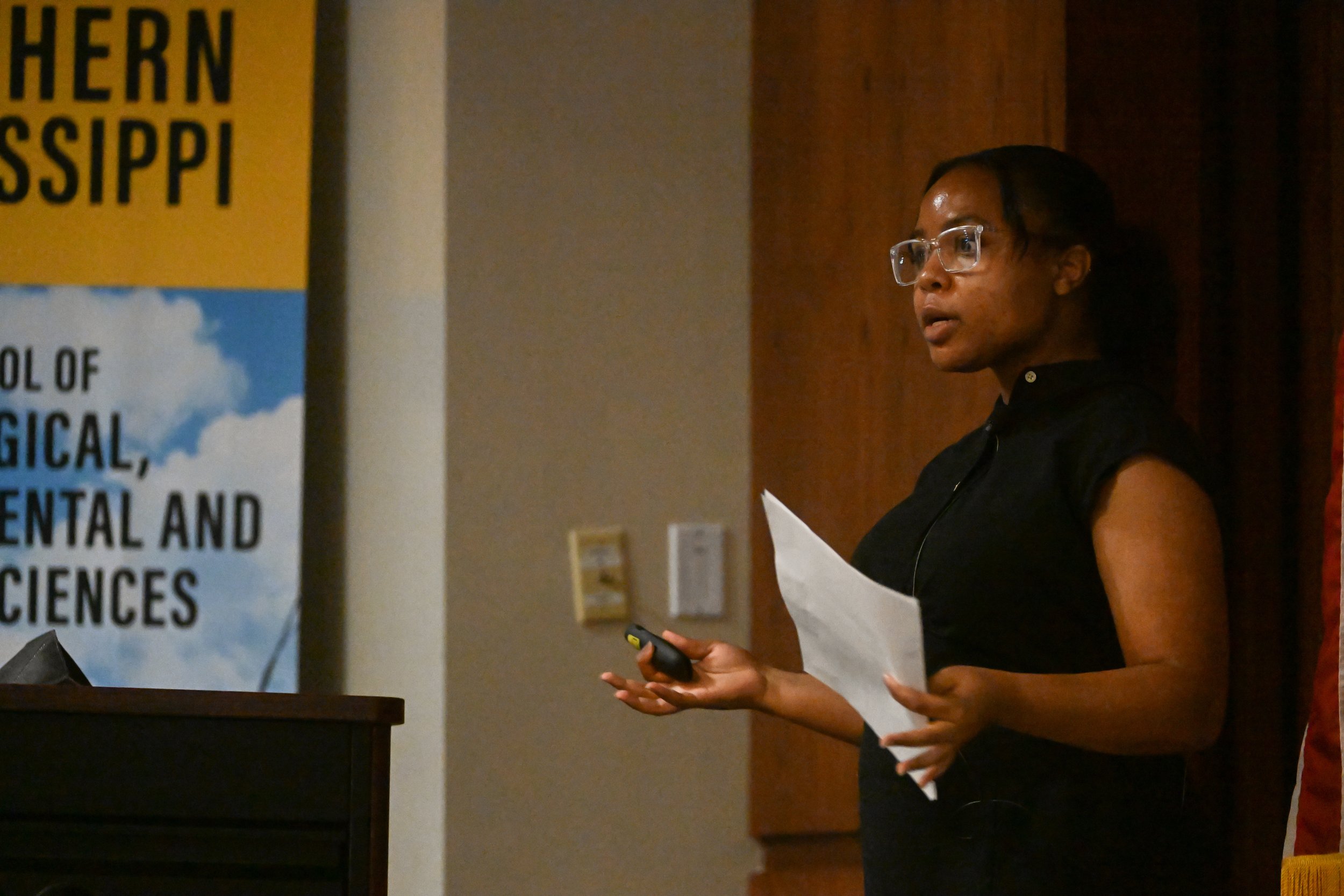
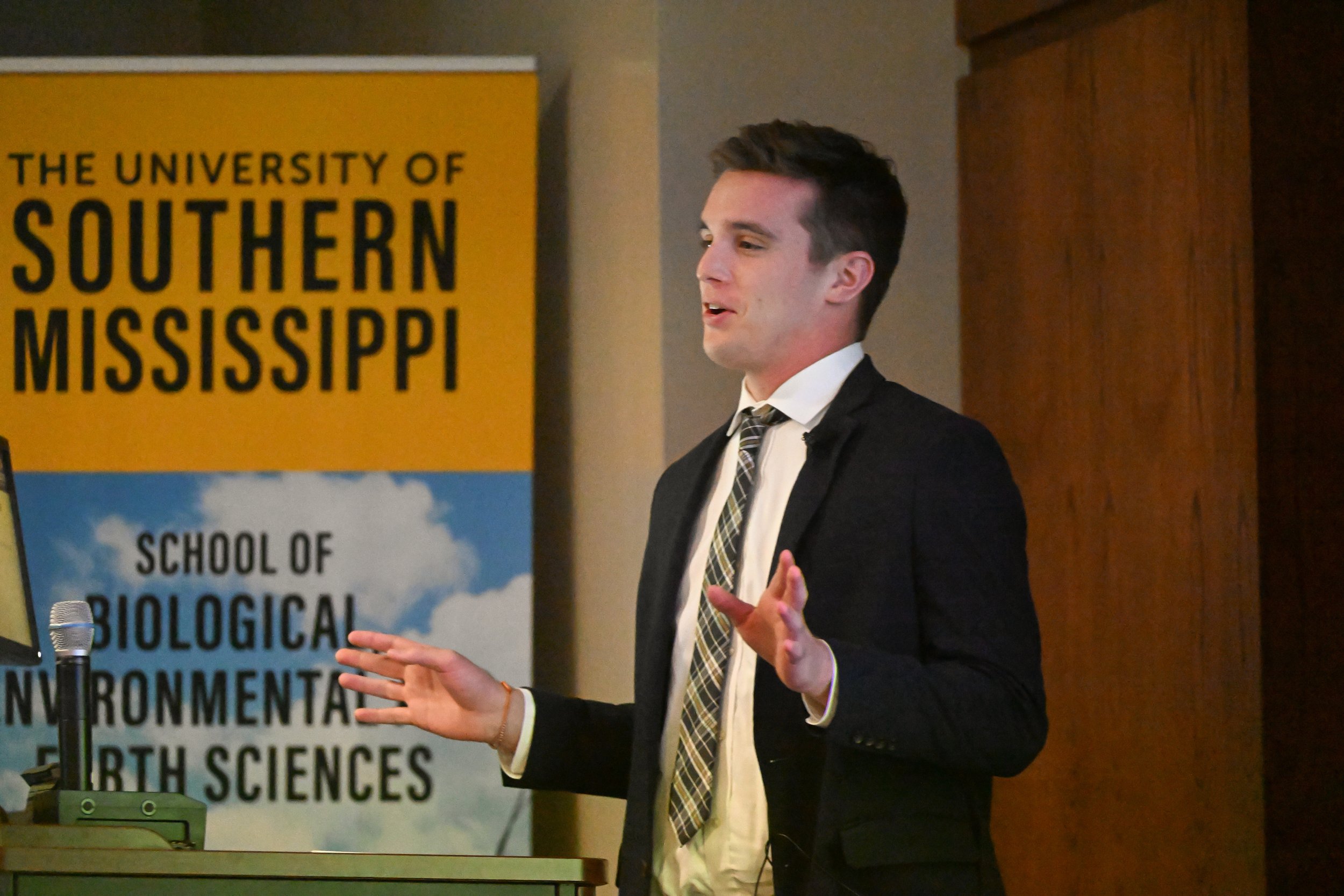
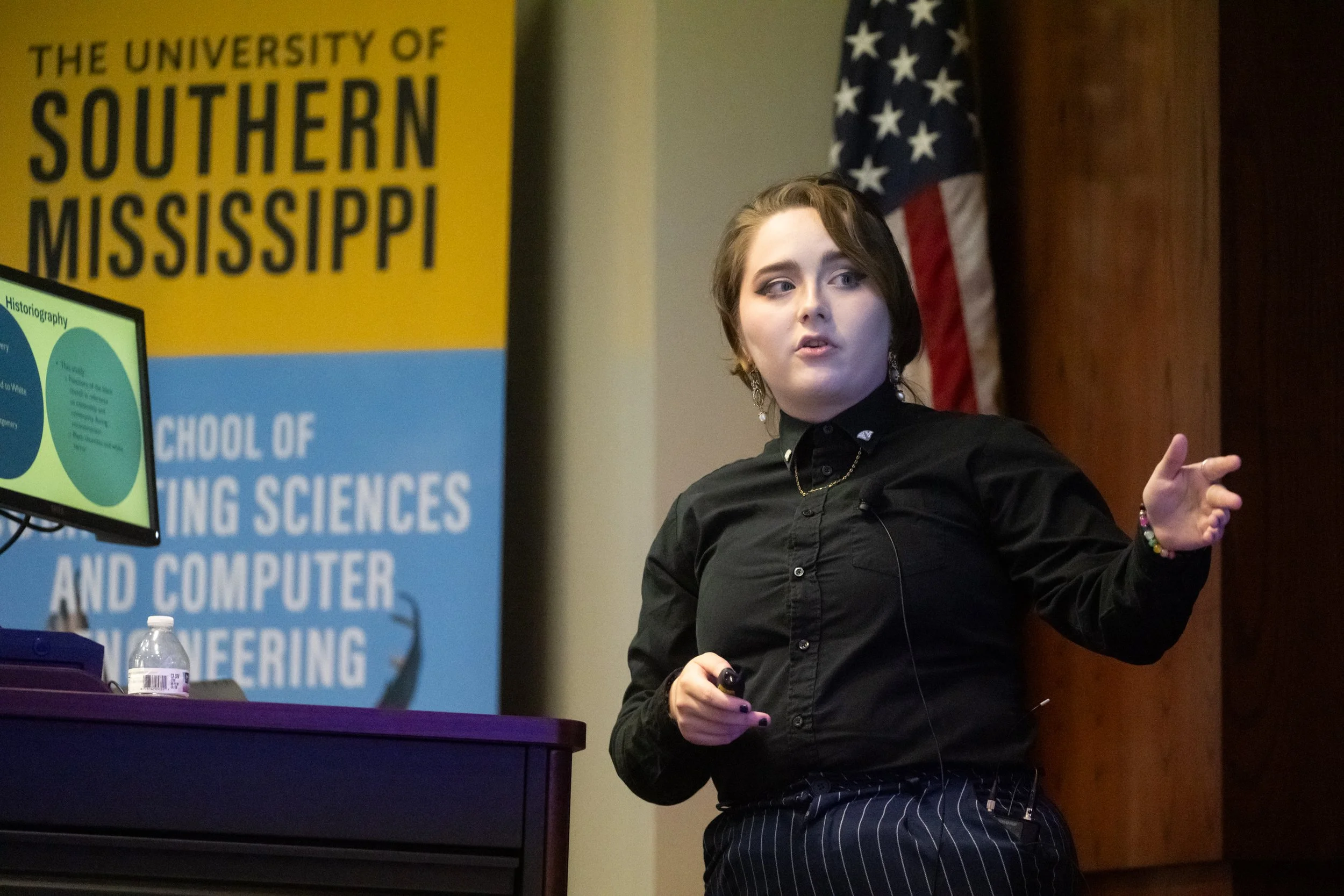
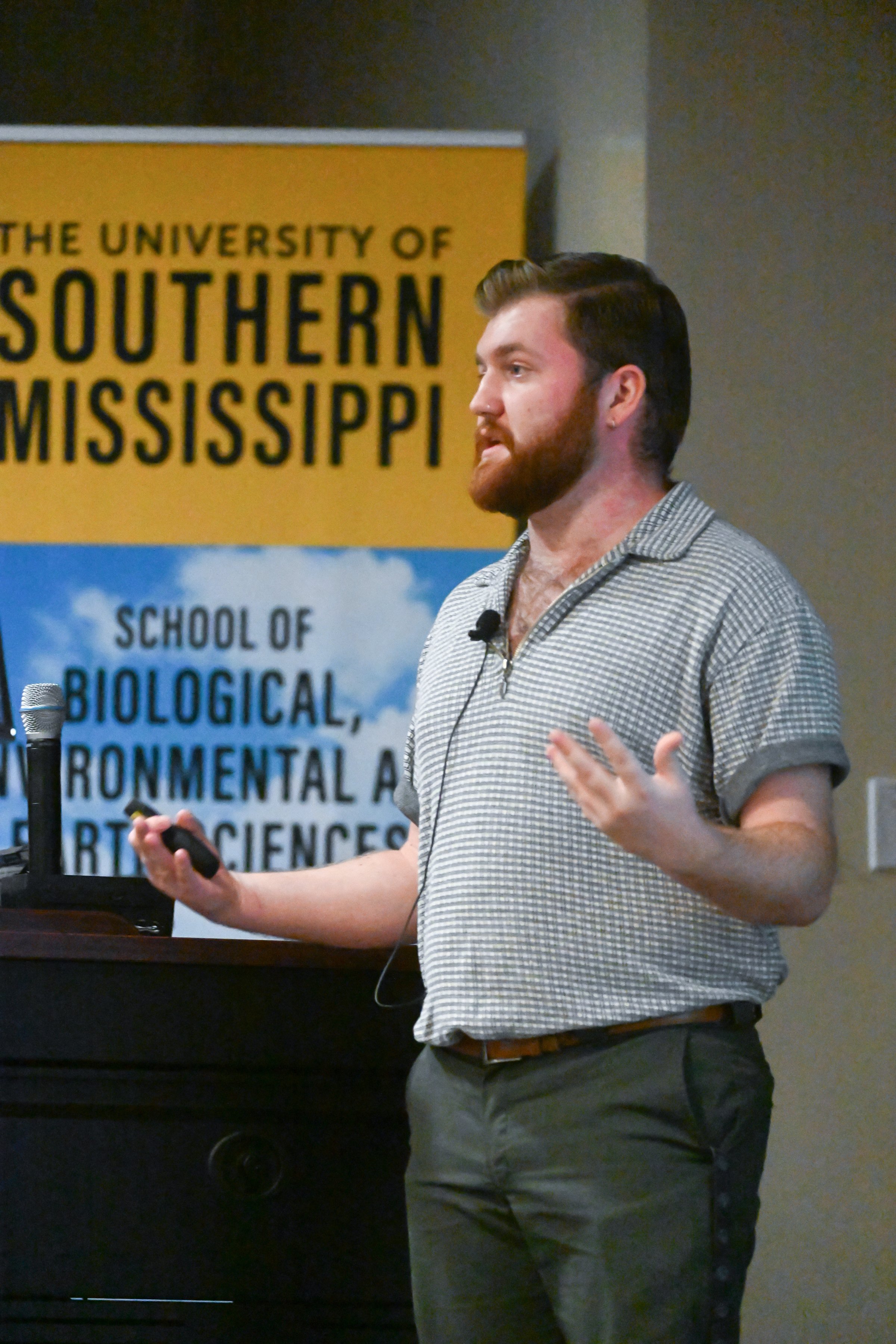
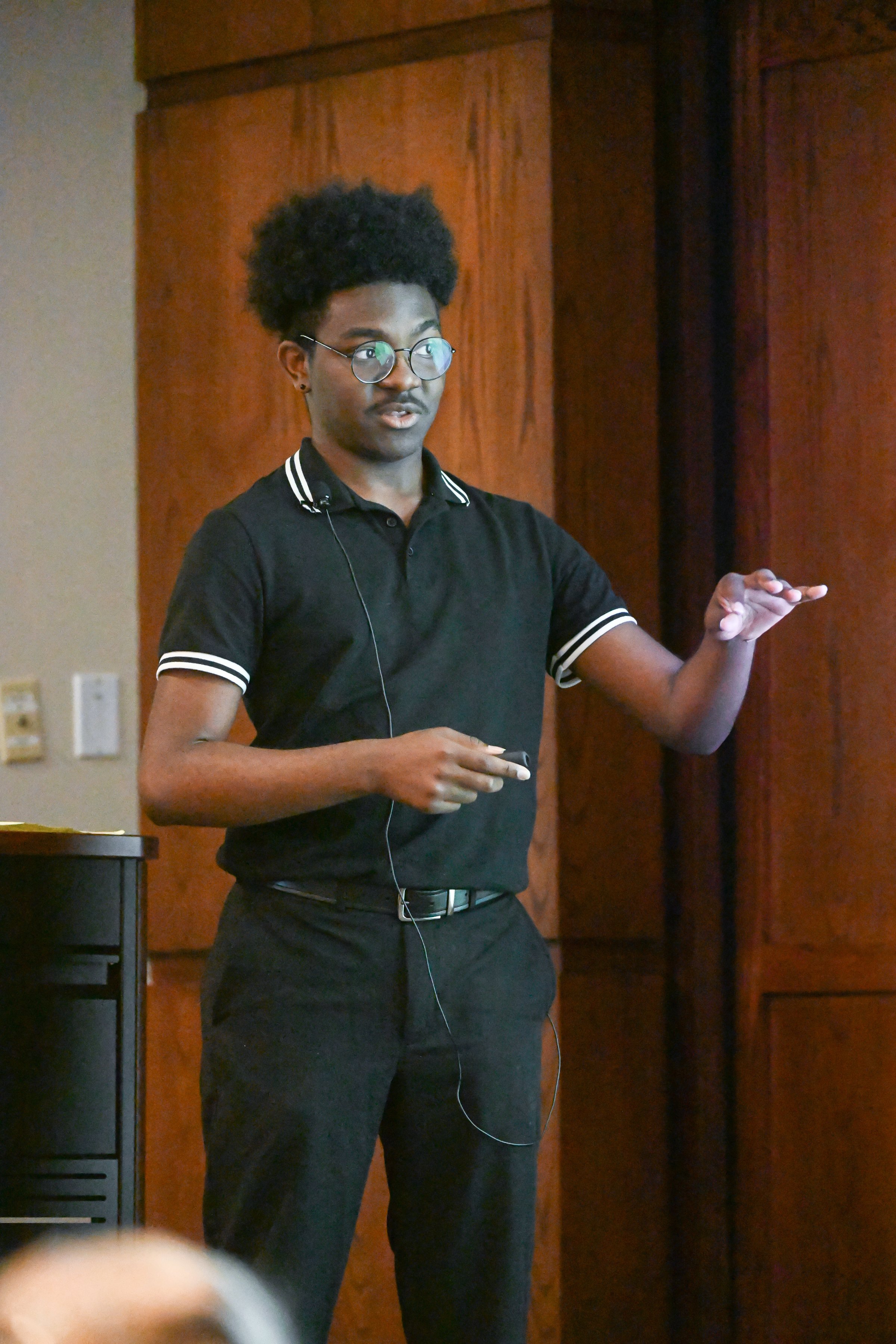

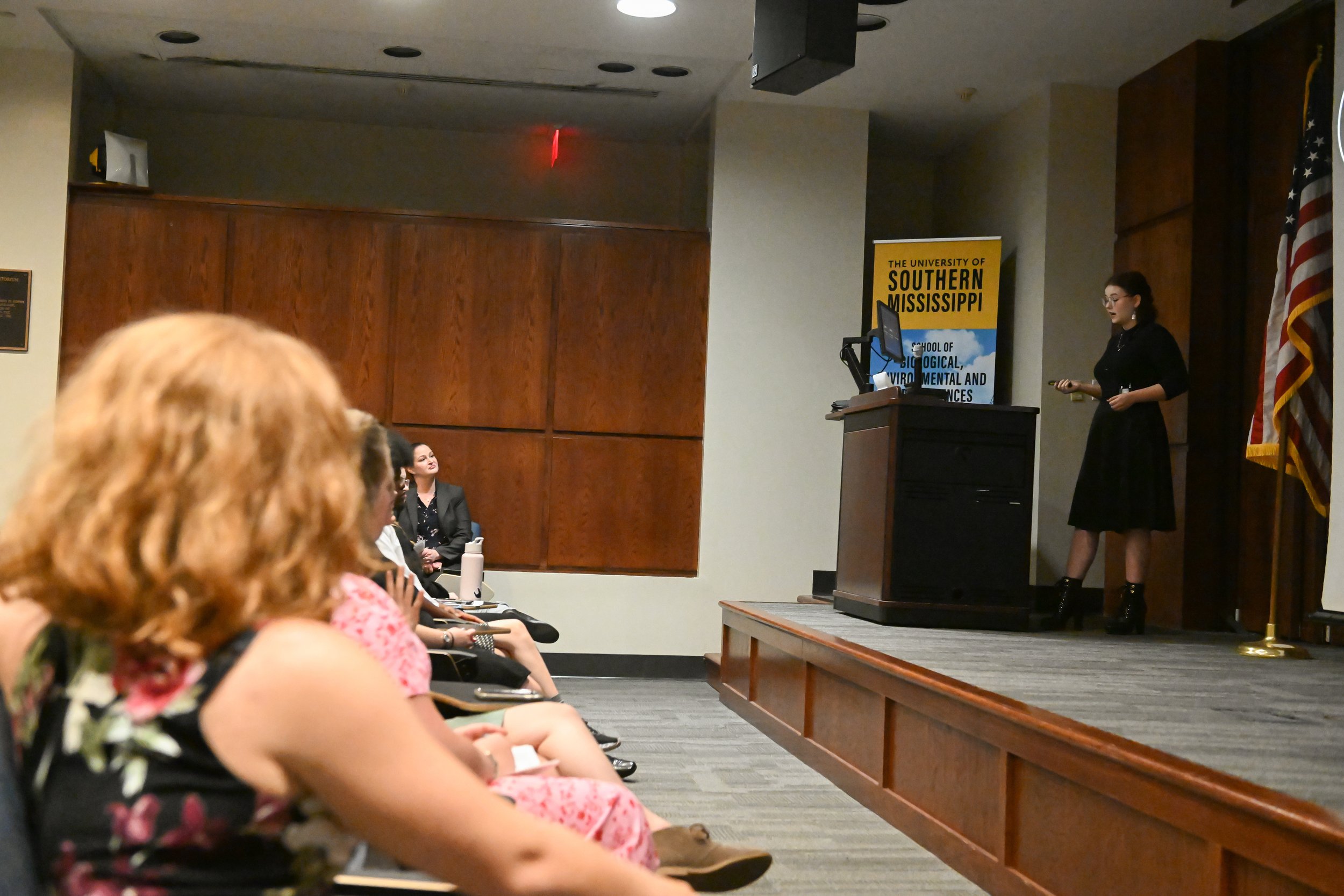
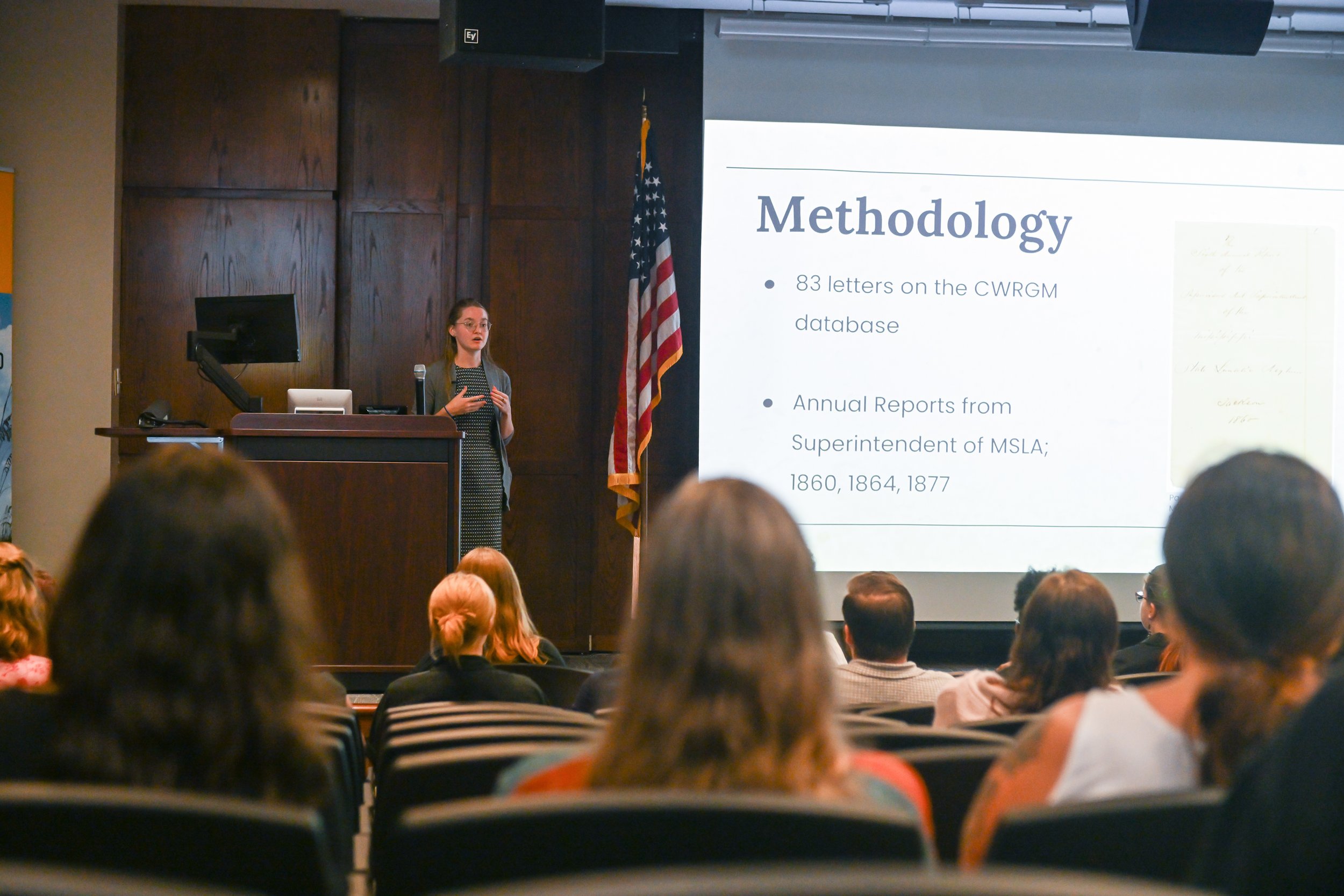

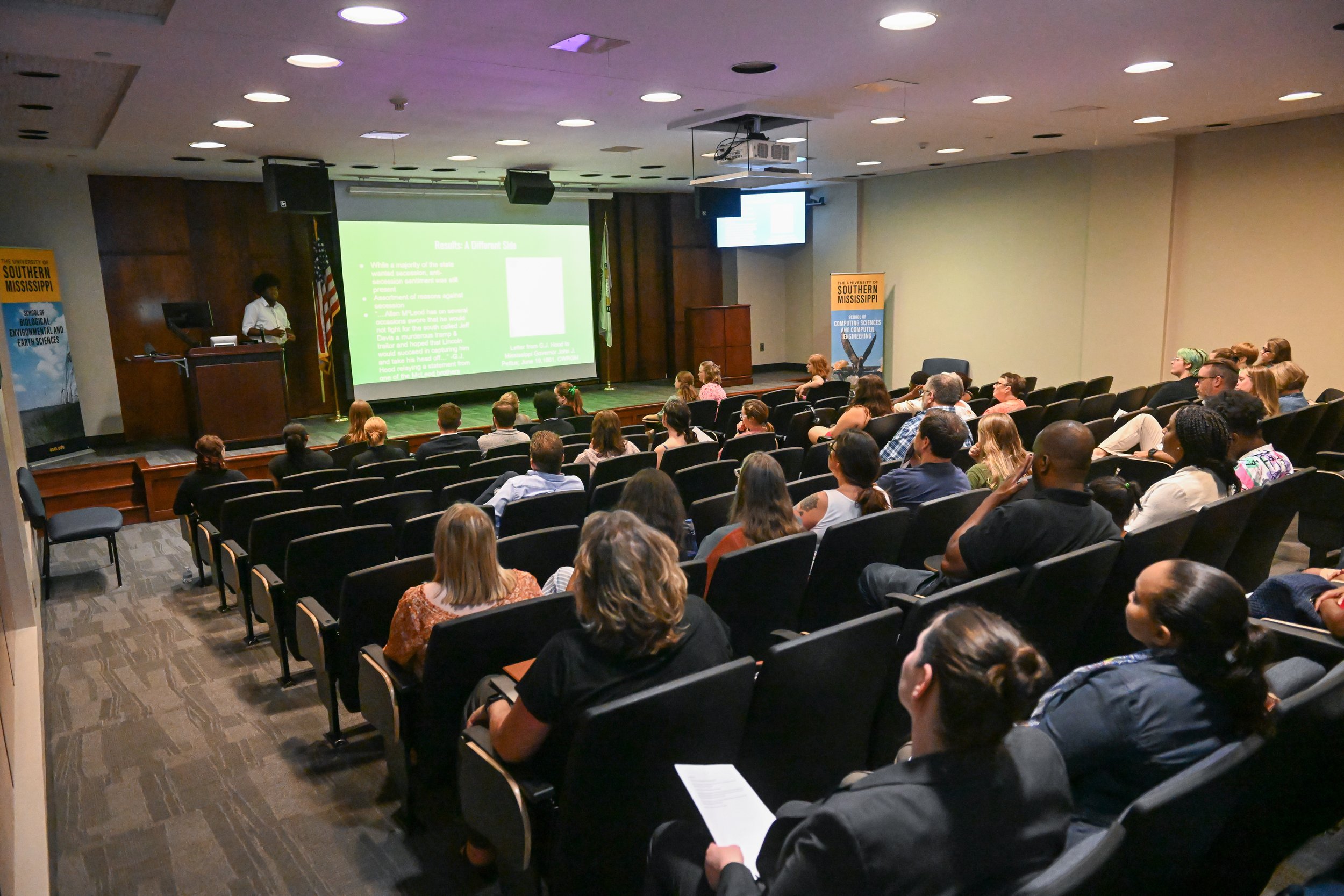
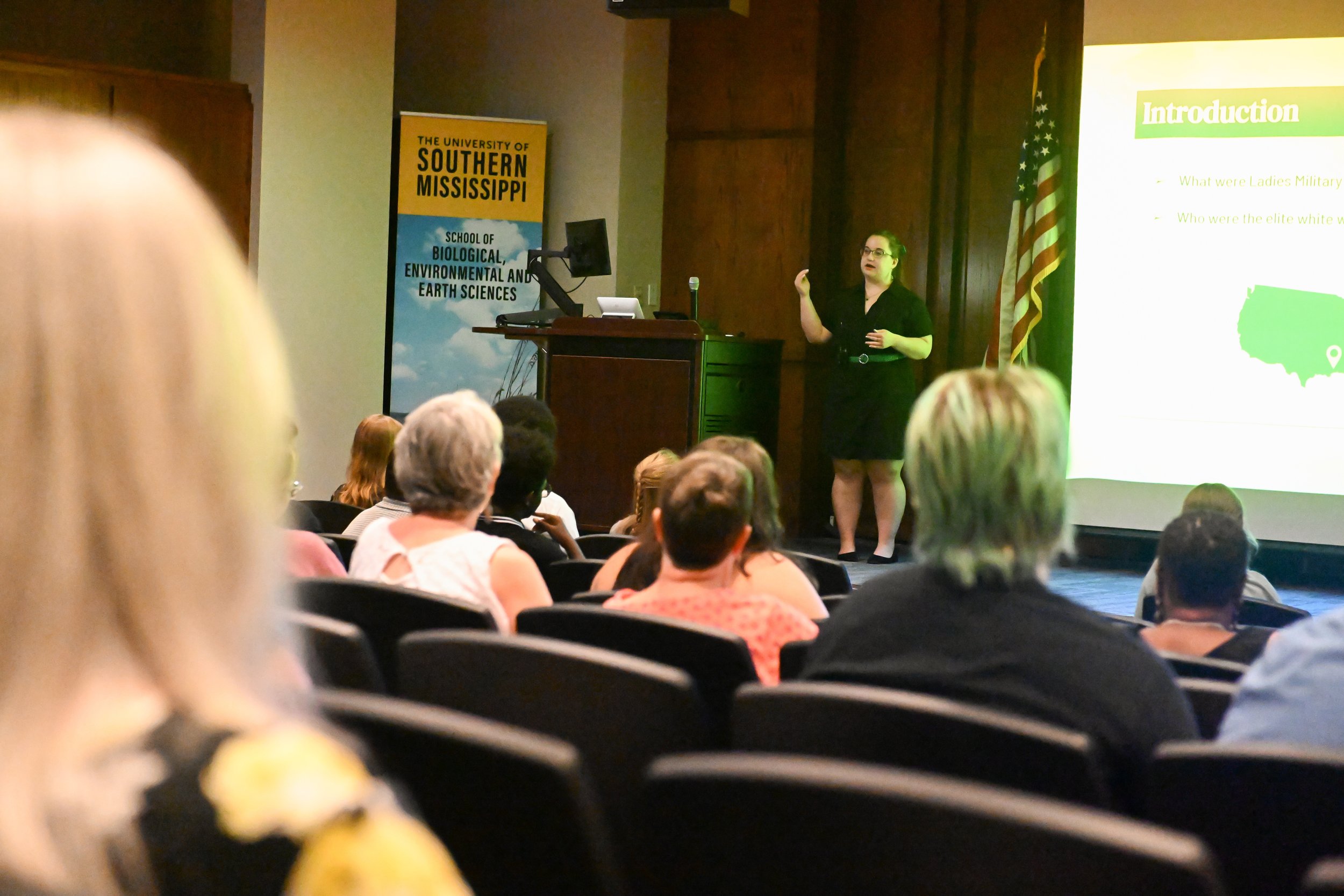










Within the final days of the program, participants will present their research to REU faculty/staff, invited USM faculty/staff, USM and Hattiesburg community-members, and participants’ family & friends. These presentations will be in slideshow format, lasting for no more than ten (10) minutes and followed by a five (5) minutes Q&A that will involve audience members.
Use the button below to watch the 2024 Mapping Freedom End-of-Program Research Symposium.
